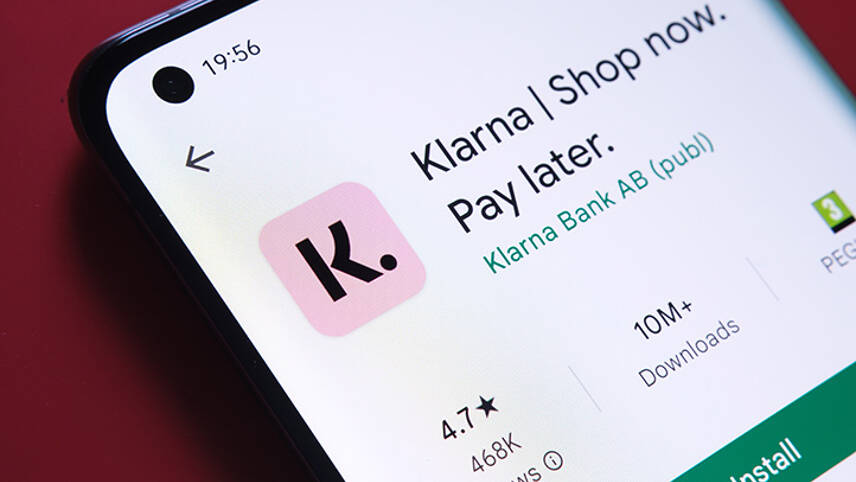Register for free and continue reading
Join our growing army of changemakers and get unlimited access to our premium content

A portion of Klarna’s contribution will also be distributed to the company’s previous investments
This is the third round of contributions from Klarna’s internal carbon tax, totalling $5.07m since 2021. The funding is designed to create maximum long-term climate impact.
Instead of purchasing carbon credits to make climate neutrality claims, Klarna contributes funds from its internal carbon tax in initiatives tackling climate change to drive greater impact.
The group’s head of sustainability Salah Said said: “Klarna is committed to supporting impactful organisations long-term as a catalyst for change, to help them grow and maximise their impact.
“Klarna’s internal carbon tax has generated $5.07m to support 20 companies worldwide to date, driving the removal of CO2 from the atmosphere while also contributing to nature protection and restoration, decarbonisation, and advocacy.”
Later this year, Klarna will allocate a portion of its $2.35m contribution to new projects developing innovative climate solutions for carbon removal.
These were selected together with its strategic partner Milkywire, as part of the Climate Transformation fund.
Projects include a project in Scotland to capture waste biogenic CO2 from whisky distilleries and storing it via geological storage, a Kenya-based business developing biochar from crop waste and a Dutch firm using electrochemical oceanic carbon capture technology.
A portion of Klarna’s contribution will also be distributed to the company’s previous investments, including HUSK, Silicate and Interearth, as well as to the other parts of Milkywire’s Climate Transformation fund.
The Fund is designed to help firms look beyond carbon offsetting by financing a host of projects across the globe that will deliver decarbonisation. New members supporting the fund included Nordic tech firms Spotify, Avanza, Northzone, and Mentimeter.
Milkywire climate fund manager Robert Höglund added: “Carbon removal is a crucial part of reaching net-zero, but the industry is in its infancy, requiring costly development, testing and then scaling.
“Early funders like Klarna that prioritise the catalytic effect of their support can make an enormous difference in accelerating the sector.”
In addition to sponsoring impactful projects, Klarna said it continues to make progress in reducing its own emissions.
The firm’s absolute carbon footprint decreased by 3.75% in 2022 compared with 2021. The drop was driven by steady improvements in reducing emissions from purchased goods and services and capital goods.
Klarna also achieved its goal of ensuring that all of its office locations reach 100% renewable energy usage at the end of 2022, two years earlier than planned. By 2030, it aims to reduce 50% of its carbon-intensity-based emissions in line with the Paris Agreement. It also wants to be net-zero by 2040.


Please login or Register to leave a comment.